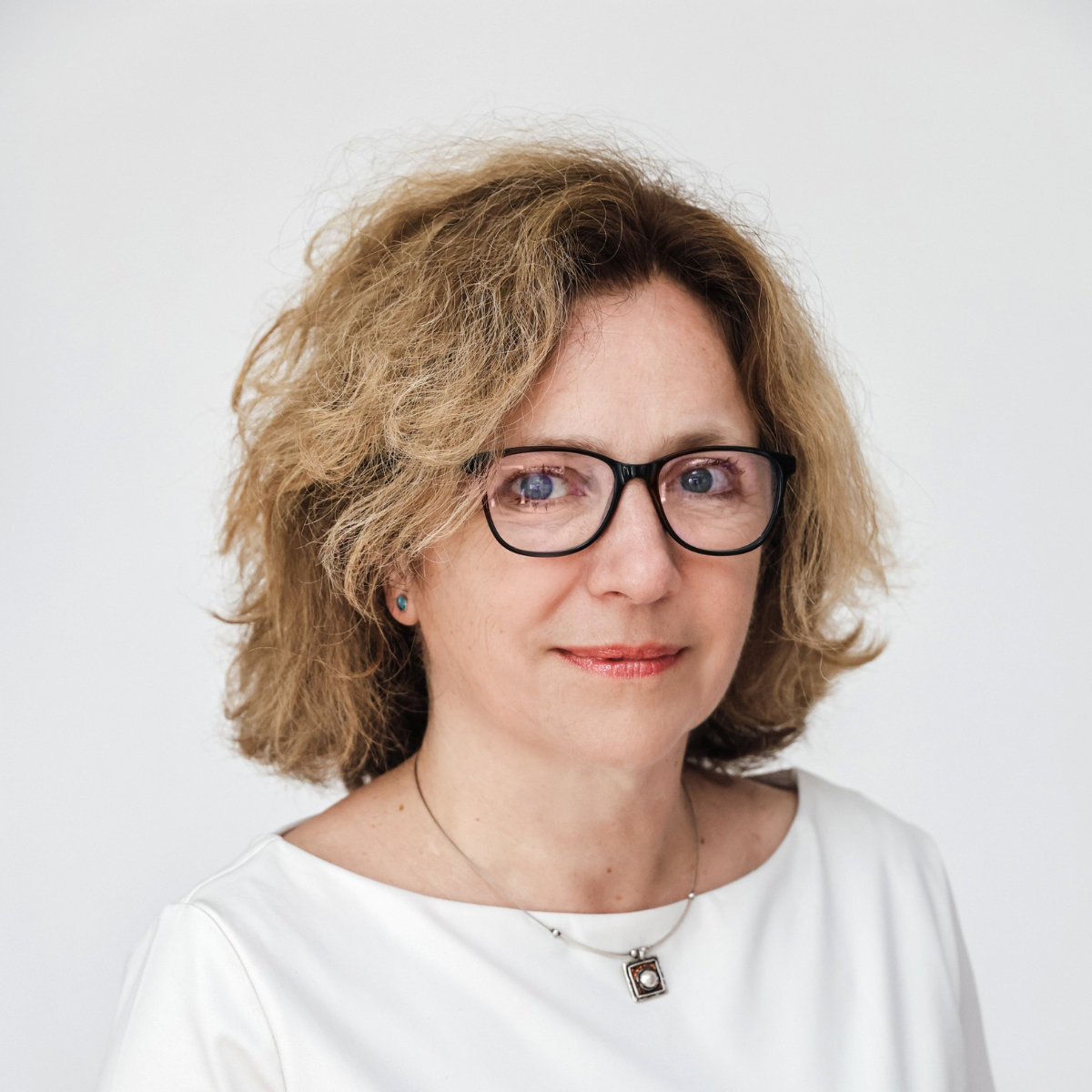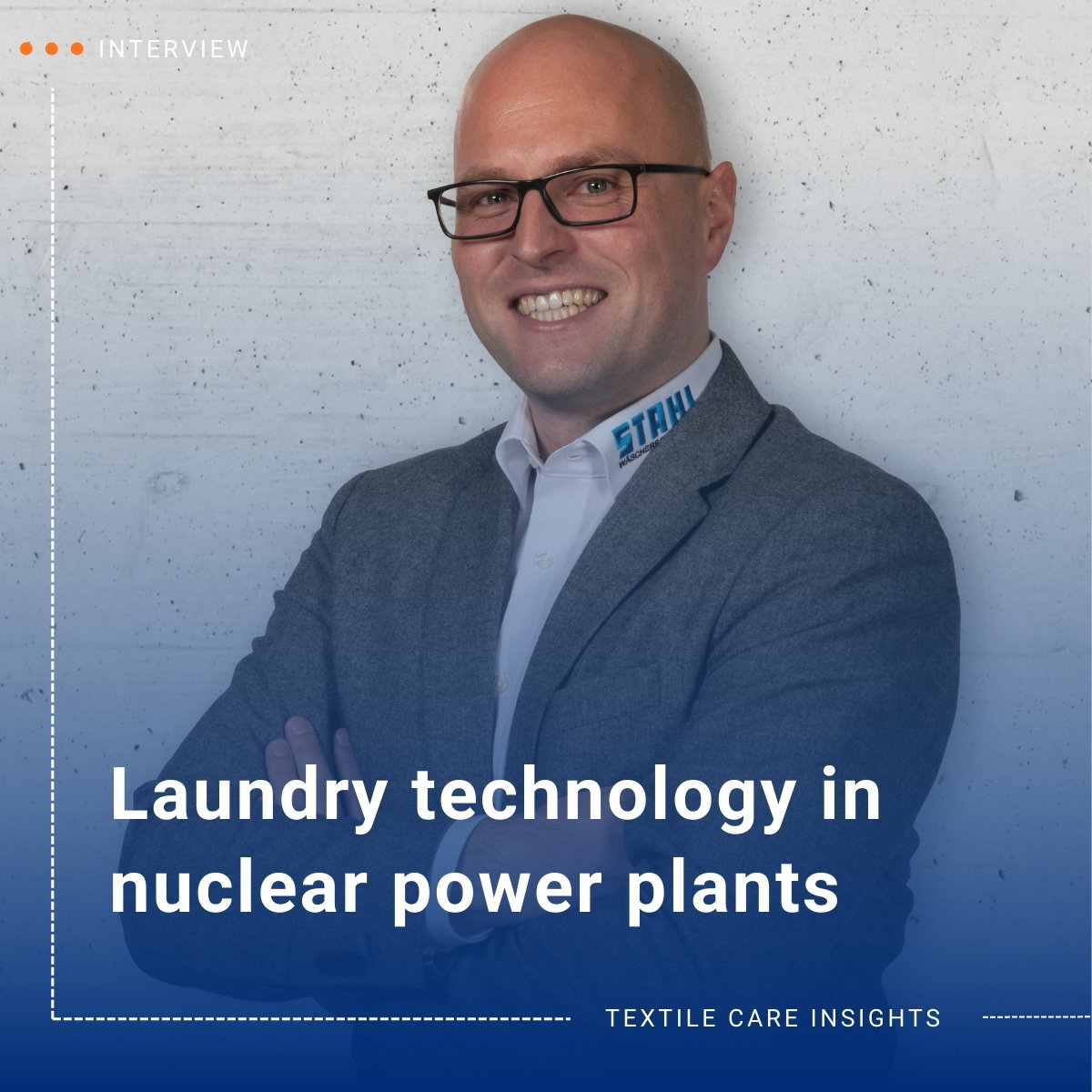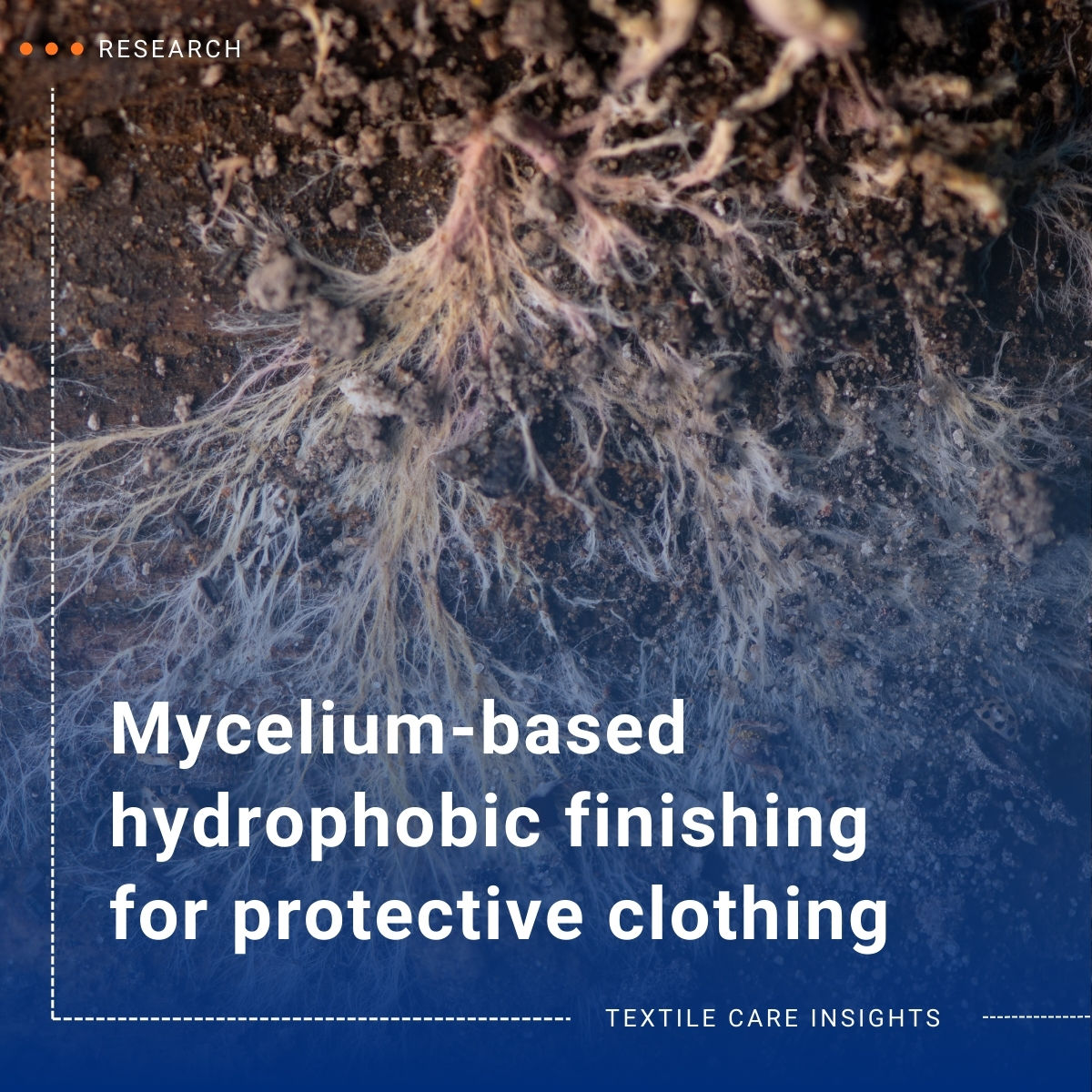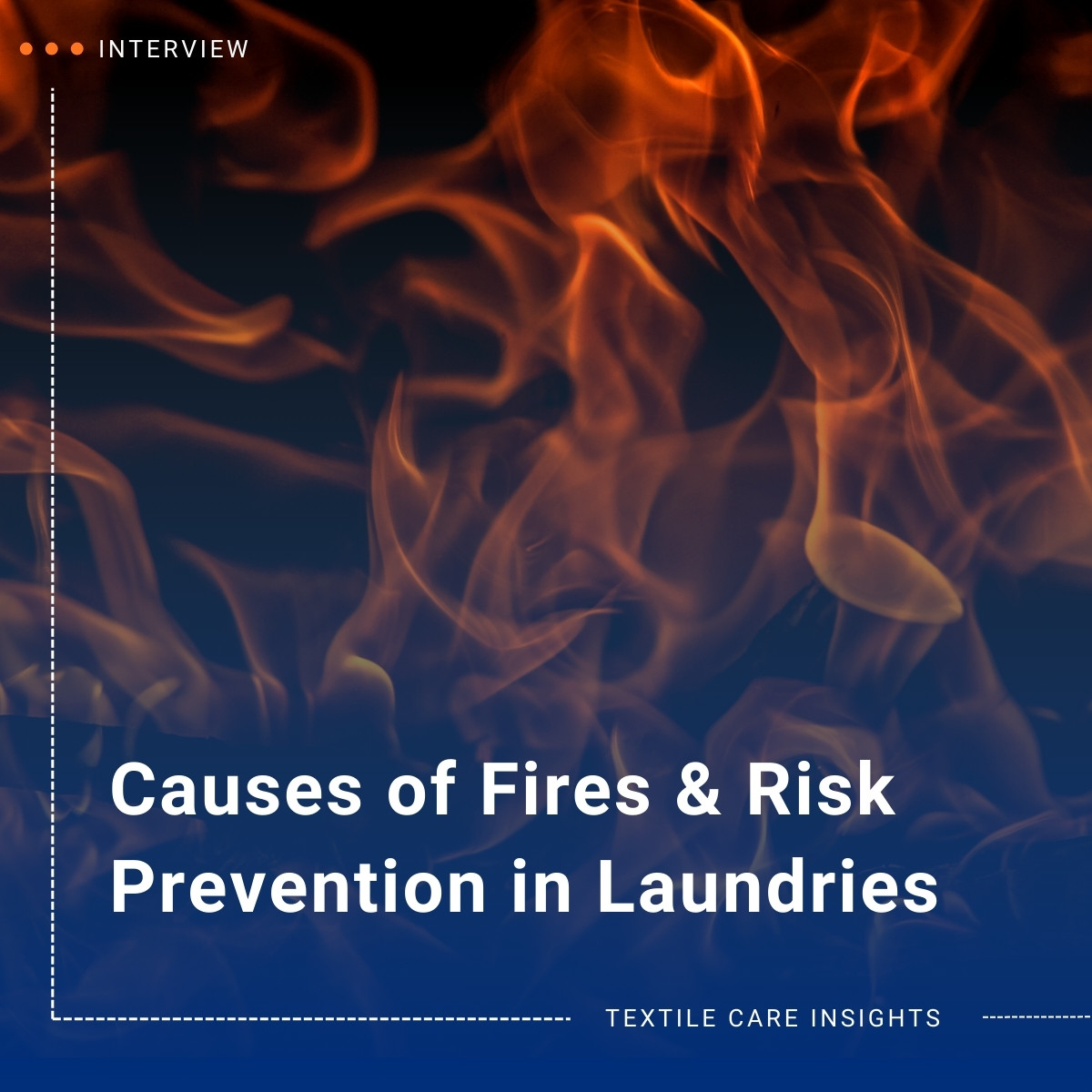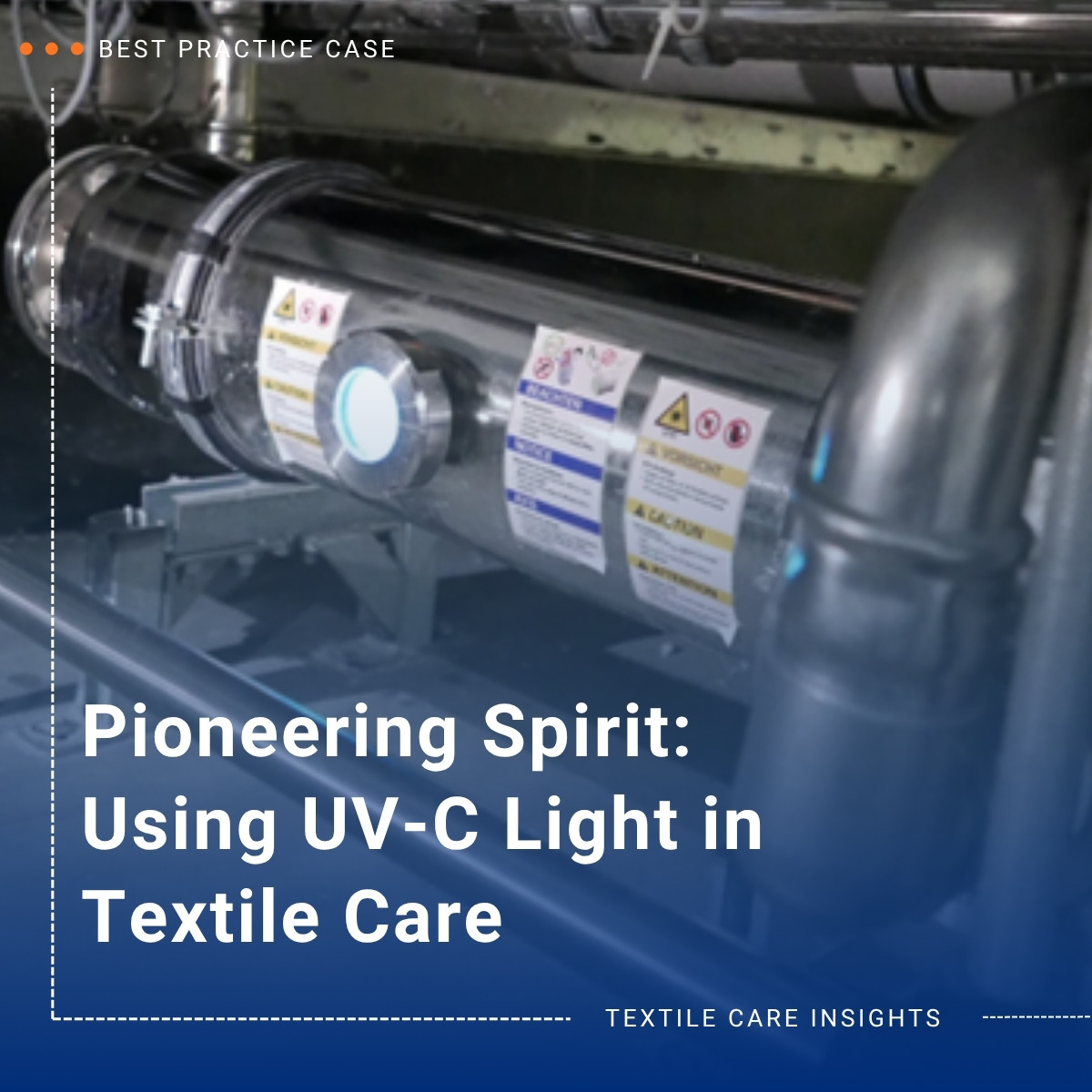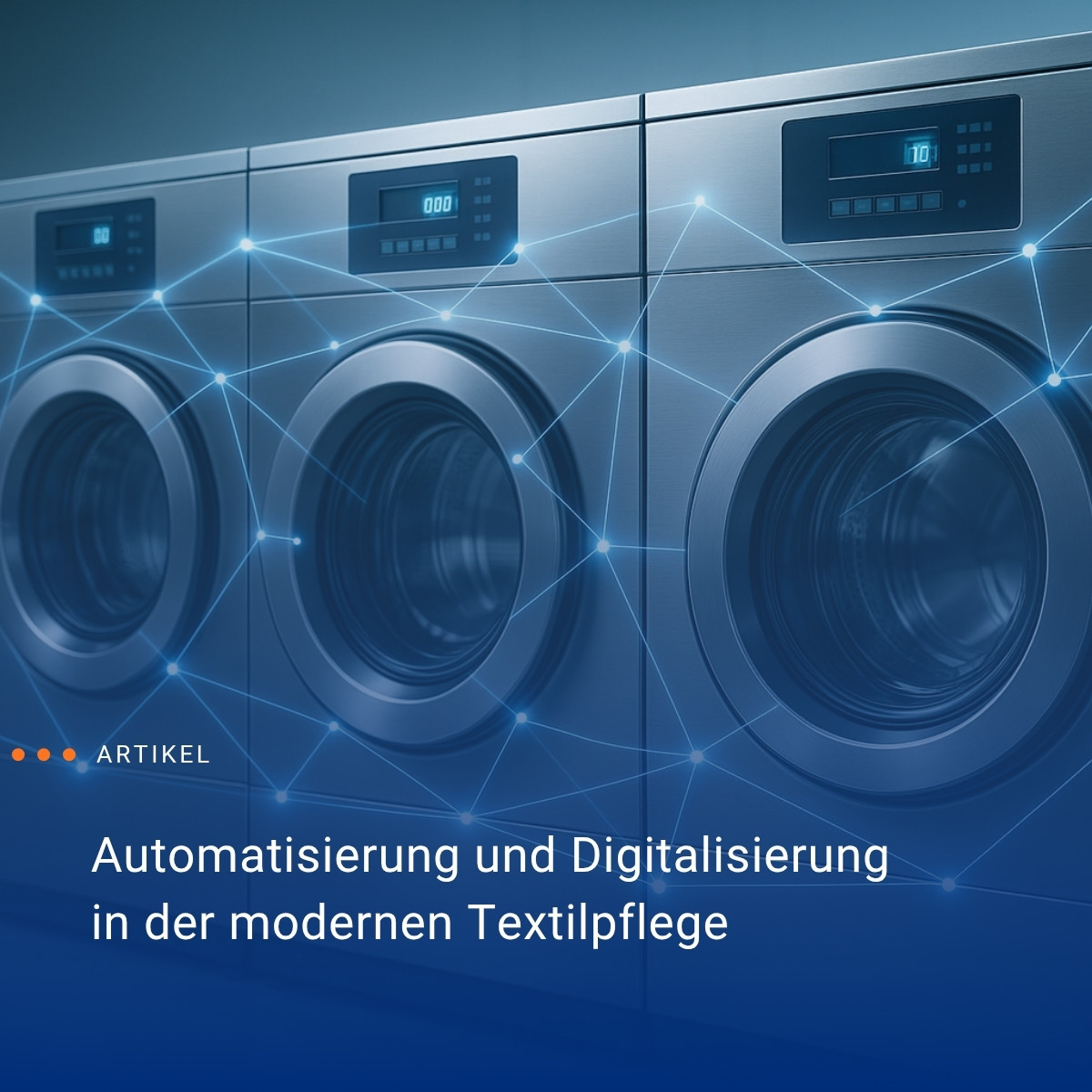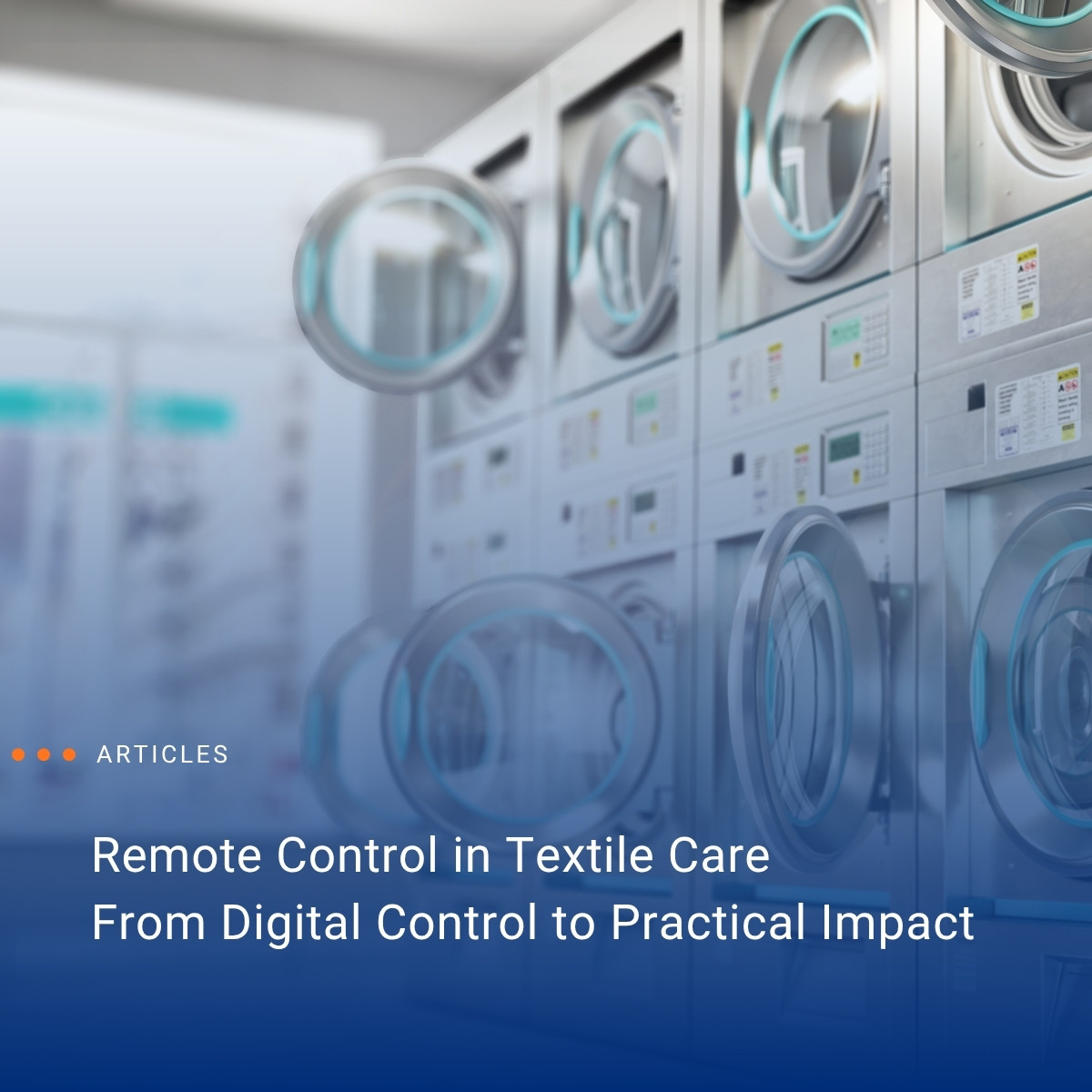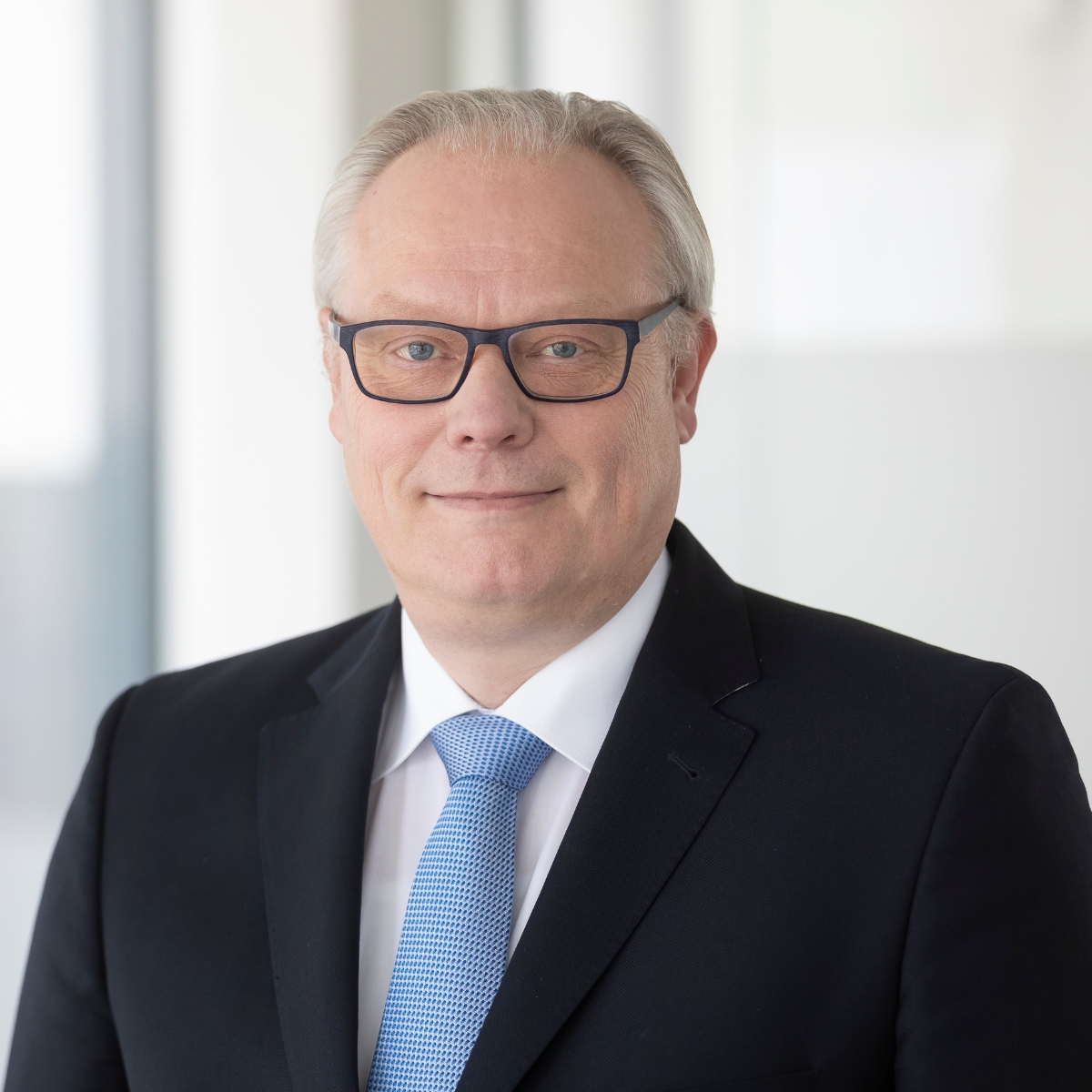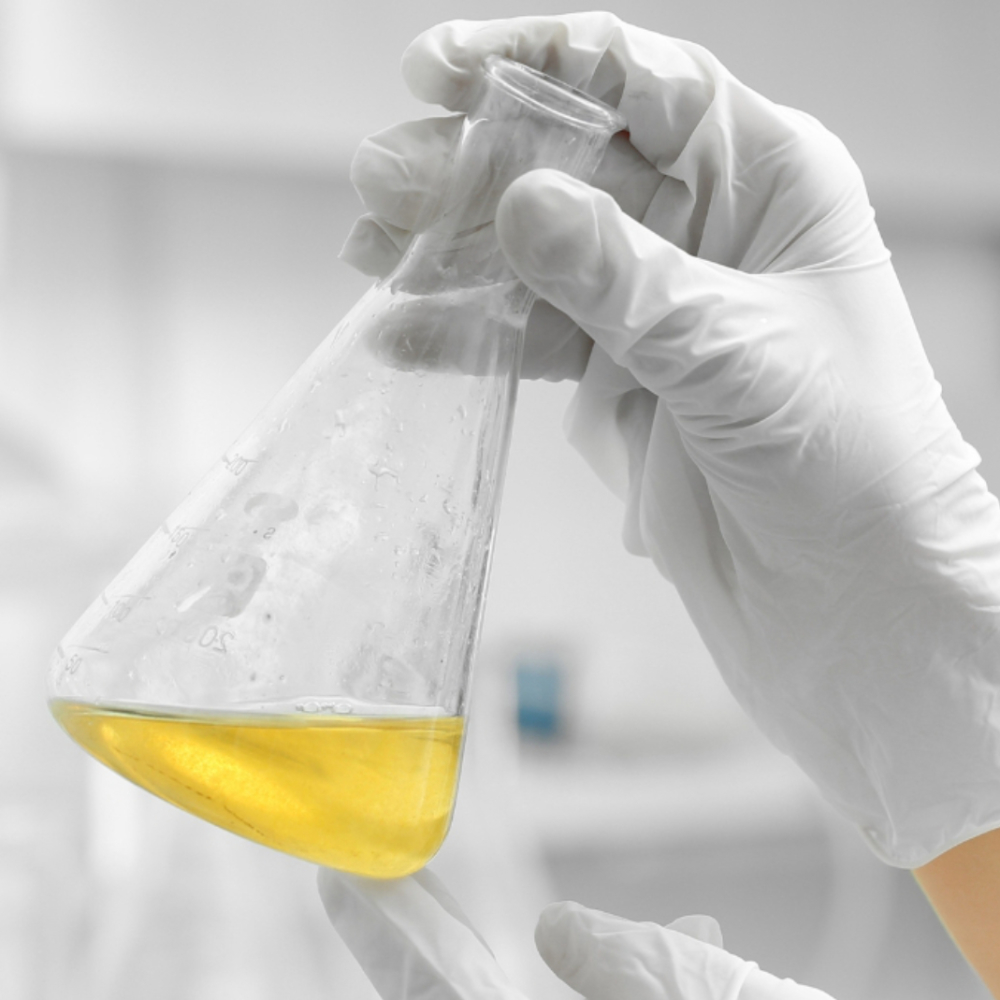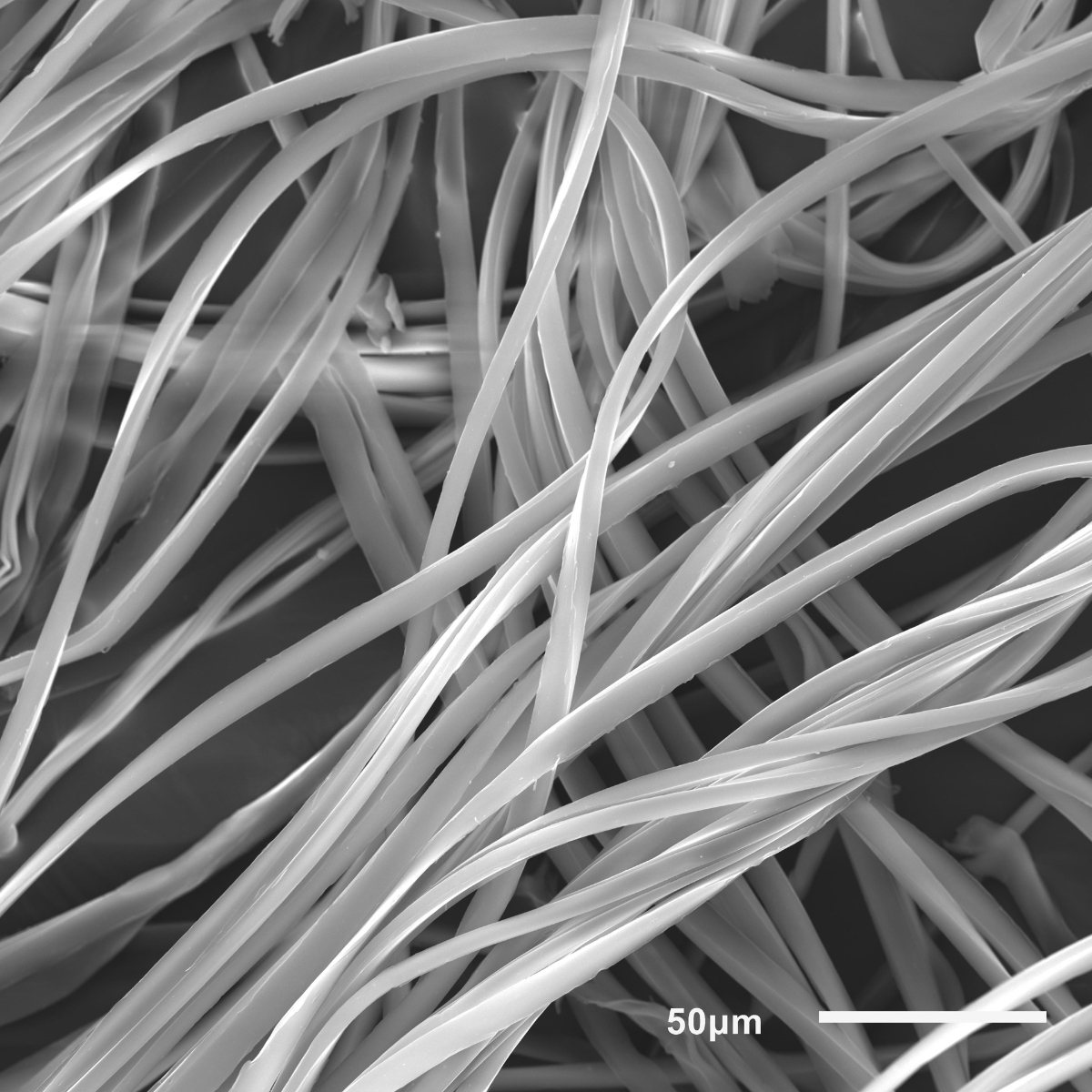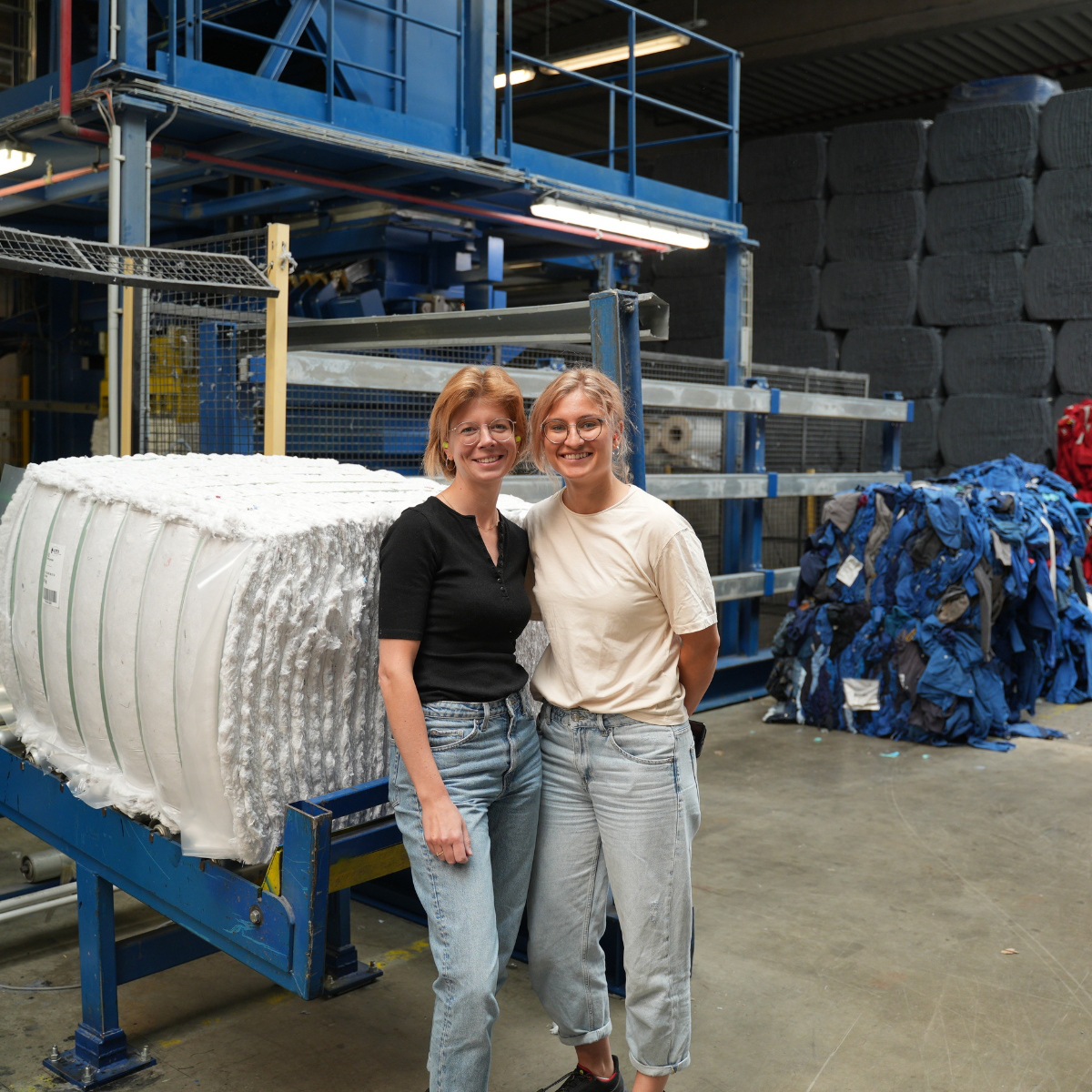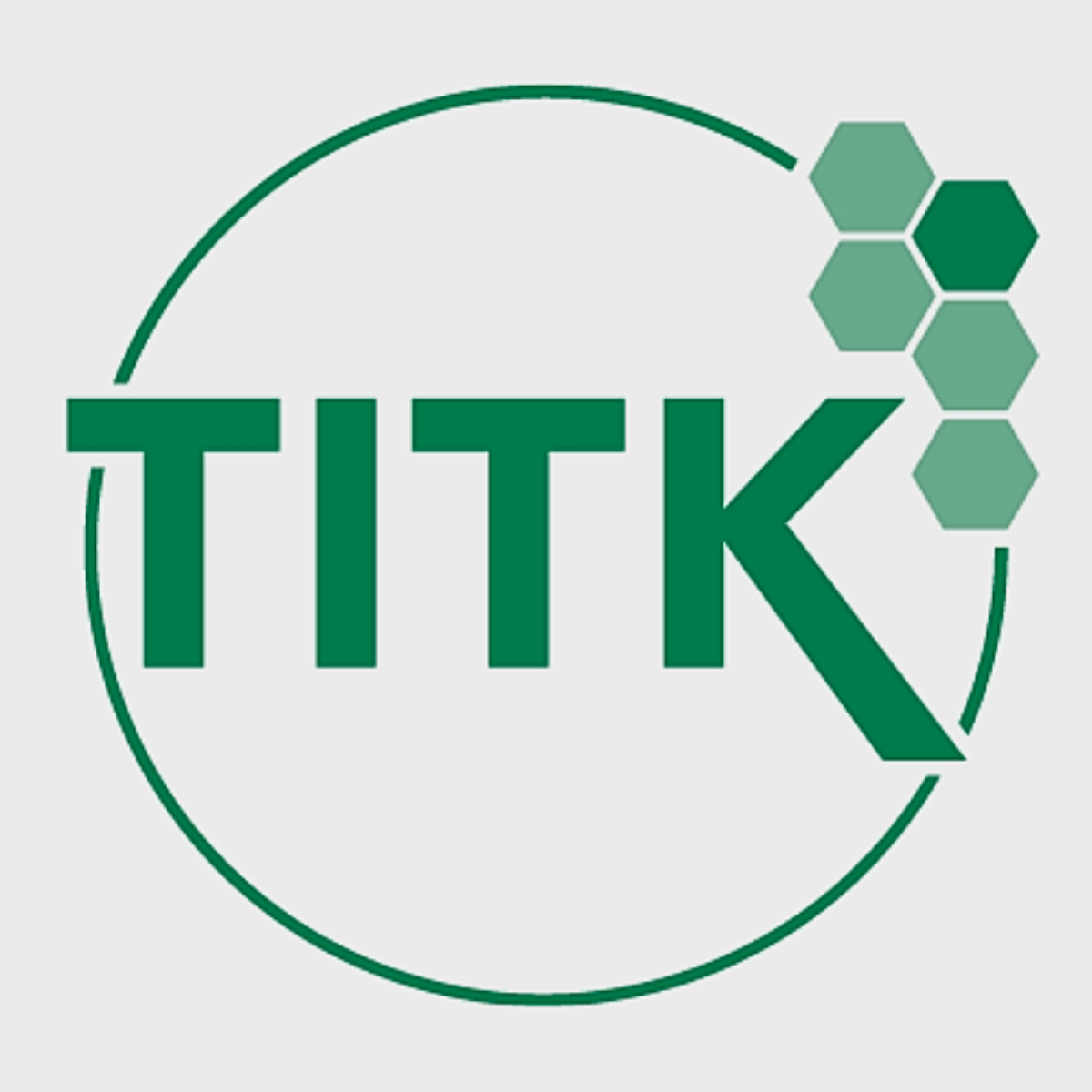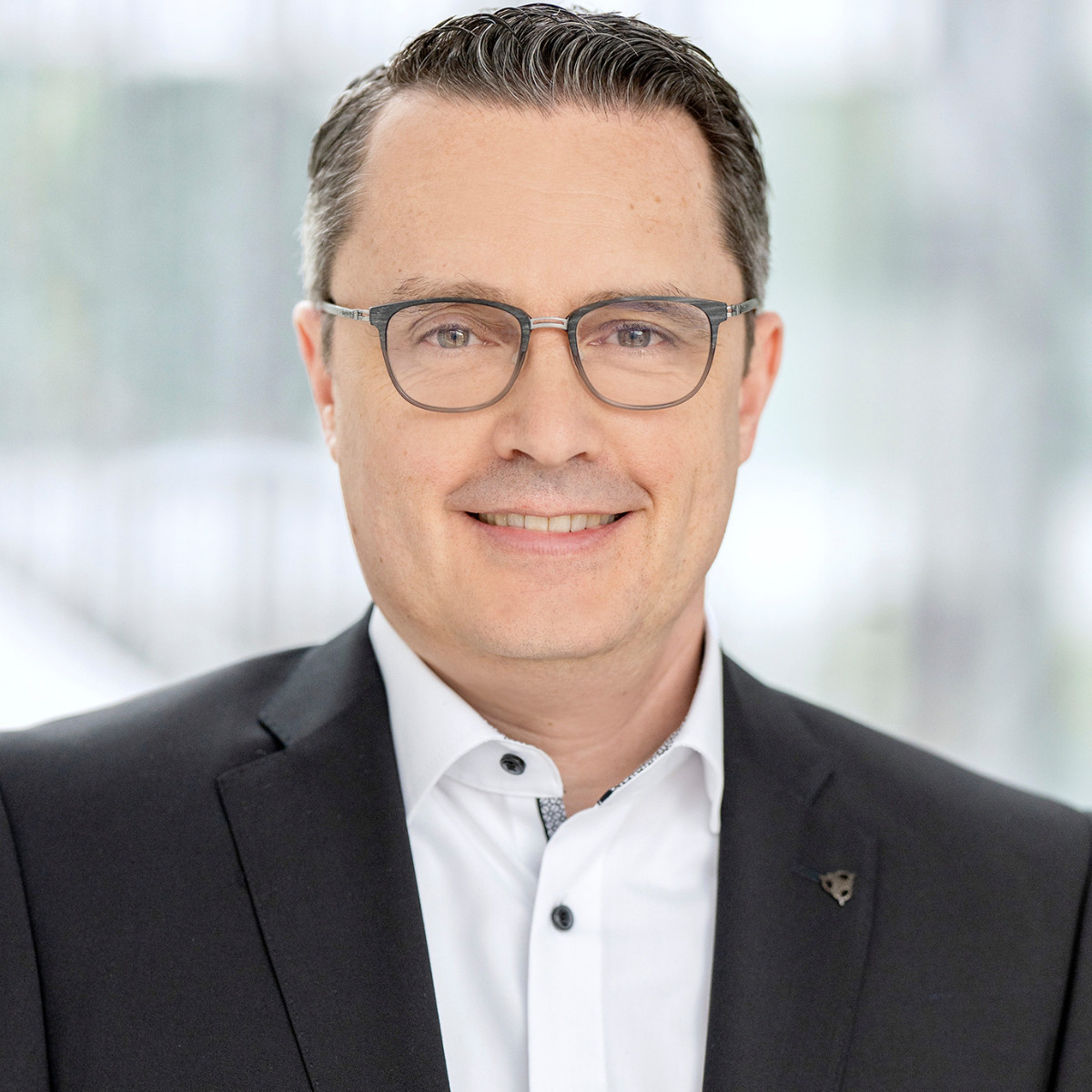Reading time: 4 minutes
One might assume that industrial textile care runs to the same rhythm across Europe. When it comes to hygiene requirements, this is true. Yet priorities beyond that can differ significantly. In Germany, for instance, laundry must not only be hygienically clean but also dazzlingly white. In Scandinavia, however, hygiene is directly linked to environmental protection and sustainability. For this reason, detergents carrying eco-label certification are becoming increasingly popular in the Nordic countries.
These are defined by Commission Decision (EU) 2017/1219 of 23 June 2017 establishing the criteria for the award of the EU Ecolabel for detergents for professional and institutional use. According to this regulation, certified detergents and cleaning agents must reduce their environmental impact across several stages of the product life cycle – from raw material extraction through production to use and disposal. The EU Ecolabel is awarded to products designed with sustainability in mind, supporting innovation and contributing both to the EU’s climate neutrality target by 2050 and to the circular economy.
The high ecological standards of the EU Ecolabel have become indispensable for many Scandinavian textile service providers. In an exclusive interview, Erika Szász, Head of Operational Excellence, at the internationally operating Lindström Group (Helsinki), explains the driving forces behind a sustainability-oriented industry.
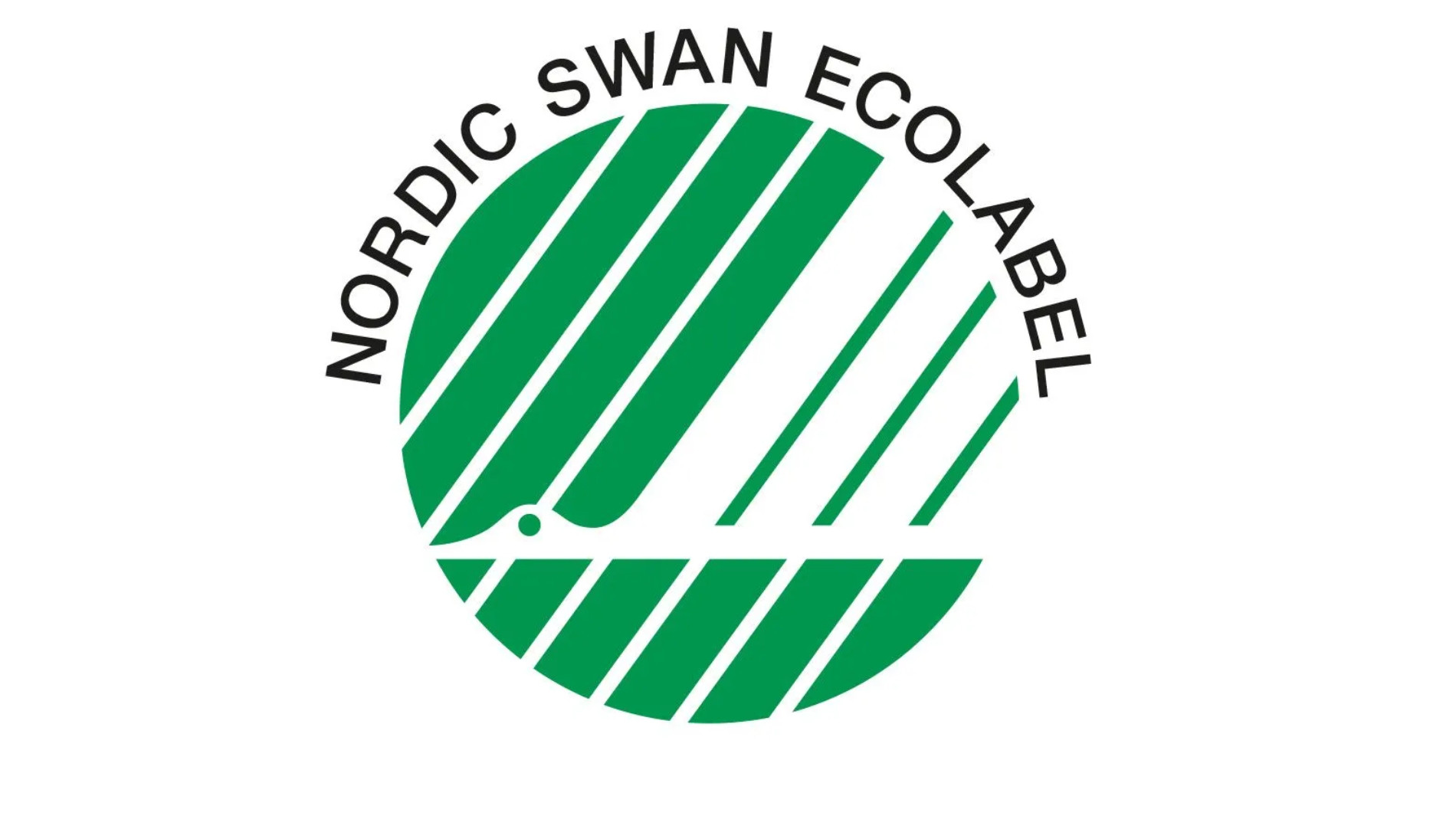
Why is the eco-certified products so highly valued in the Nordic textile service sector?
In Scandinavia, consumers are well informed about environmental protection. They also have great trust in certifications issued by independent third parties, which guarantee a reduced environmental impact. To meet this growing demand and accelerate the market shift towards eco-friendly options, we promote the use of detergents which are Nordic swan certified (equivalent to the EU Ecolabel), or chemicals approved under the O75 Nordic Swan criteria. These typically contain biodegradable ingredients that comply with government regulations and public expectations for environmentally responsible products. They also make it easier for the entire supply chain to comply with the strict environmental laws in Scandinavian countries.
Gleaming white laundry in Scandinavia too?
The use of optical brighteners in EU Ecolabel detergents is heavily restricted, since they are synthetic chemicals that are slow to break down in nature and may accumulate in water, harming aquatic organisms. There are also concerns that optical brighteners may cause allergic reactions or skin irritation. This is particularly relevant for health-conscious Scandinavian consumers. In Nordic culture, “substance” takes precedence over appearance. For this reason, the effect of optical brighteners in making laundry look whiter is considered secondary to their environmental cost.
Visibly white laundry is not necessarily hygienically clean. As a textile service provider, we therefore focus on hygiene – the true value appreciated by our customers.
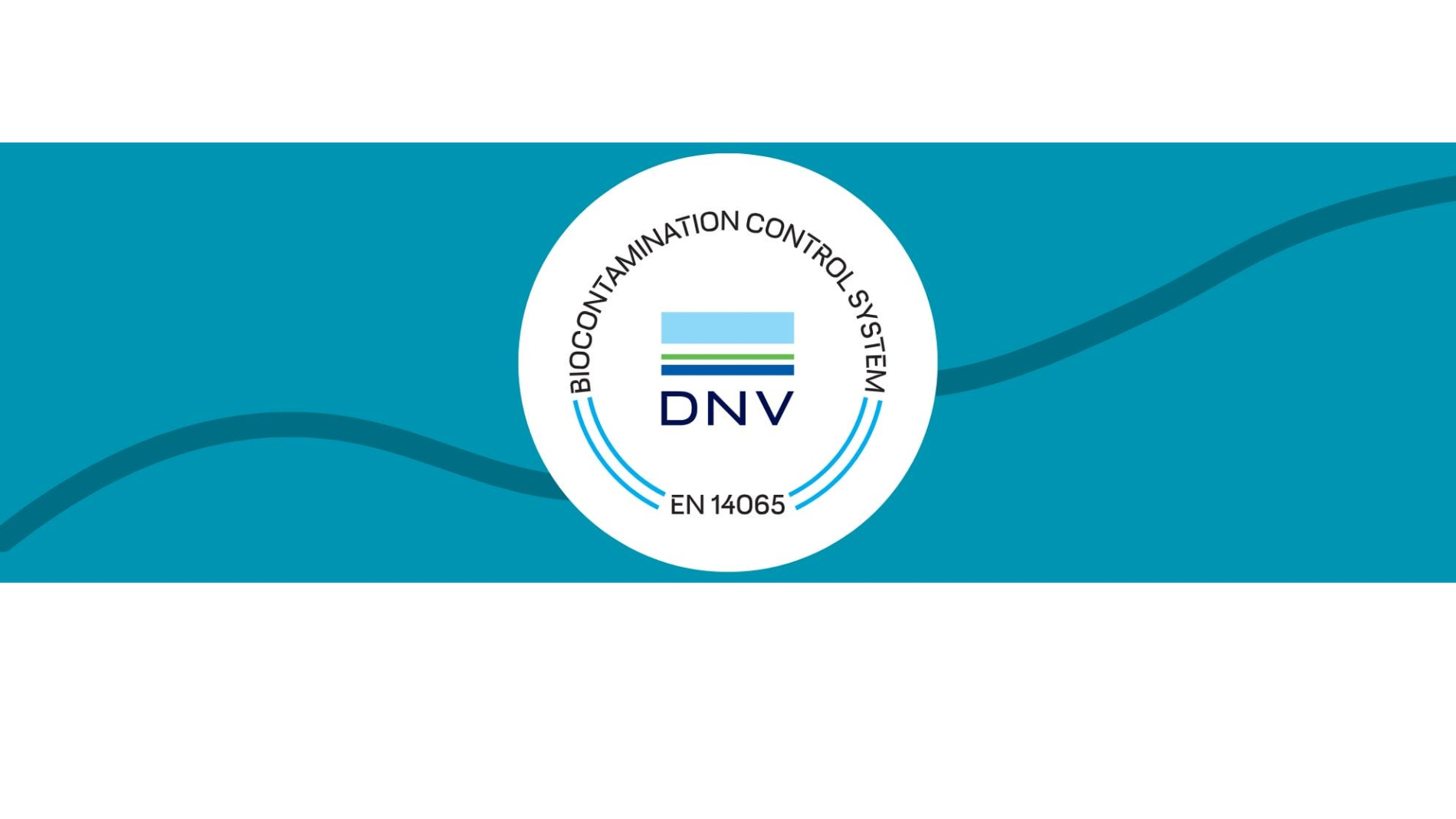
Why does hygiene hold such a central place in Scandinavian laundries?
The difference between hygienic textiles and visually white textiles lies in genuine cleanliness rather than mere cosmetic enhancement. Hygienic textiles are processed according to the strict guidelines of a Risk Analysis and Biocontamination Control Management (RABC) system, as set out in DIN EN 14065. This ensures the effective removal of pathogenic microorganisms and chemical residues.
In contrast, optically brightened white textiles may only appear clean because the brighteners reflect light, creating an illusion of whiteness. This “whiter than white” effect, however, does not guarantee the removal of harmful microbes or residues. By prioritizing hygiene, Scandinavian laundries ensure that textiles are genuinely safe to use, help to prevent skin irritation, reduce the risk of infection transmission, and actively support public health. True hygienic cleanliness is thus aligned with Scandinavian values, where substance and well-being come before superficial appearance. When assuring hygiene, we prefer using chemicals and detergents that are approved for use in Nordic Swan certified laundries.
How important is water protection in Scandinavia?
Phosphates, which act as water softeners and enhance cleaning performance, can become highly problematic when used in increasing amounts. Once released into water bodies, they accelerate the growth of algae – a phenomenon known as eutrophication. Excessive algal growth consumes oxygen and creates “dead zones” where aquatic life cannot survive.
Phosphate-free detergents prevent this chain reaction and protect rivers, lakes, and coastal ecosystems from over-fertilisation and biodiversity loss. Because of the negative environmental effects of phosphates in wastewater, many countries – especially in Europe – have issued strict regulations limiting their use in detergents. In Scandinavia, where ecological awareness is deeply rooted, phosphate-free detergents have become a cornerstone of sustainable textile care. They help businesses comply with legal requirements, reduce legal risks, and promote sustainable business practices. Moreover, they reflect a broader trend of rejecting chemicals that harm both nature and consumer well-being.
What benefits do eco-certified detergents offer textile service customers?
The products or chemicals allowed to be used in Nordic Swan certified laundries are mainly phosphate-free detergents that contain biodegradable ingredients, avoid aggressive chemicals, and limit the use of fragrances. As a result, the washing process is less likely to cause allergic reactions or skin irritation. These arguments are particularly important for textile service providers working in sensitive sectors such as healthcare and hospitality. They also resonate with consumers who care both about their personal health and the environment.
What social value do eco-friendly detergents provide?
The growing preference for environmentally friendly detergents stems from the desire to combine genuine cleanliness with responsible environmental stewardship. Their use represents a practical and meaningful way to align everyday actions with the values of sustainability and collective well-being.
Choosing phosphate-free detergents and avoiding optical brighteners supports a broader cultural shift towards sustainability – a development spreading across Europe and beyond. These detergents encourage responsible product choices and raise awareness among other consumers about the importance of sustainable living.
It is our task to explain and demonstrate why sustainable thinking should also apply to the use of chemicals. More and more textile service providers and their customers are therefore opting for eco-certified detergents, thereby contributing to a cleaner, safer environment and safeguarding the living conditions of present and future generations.
